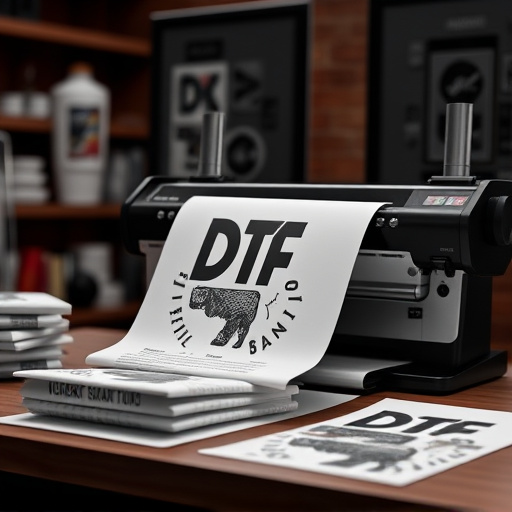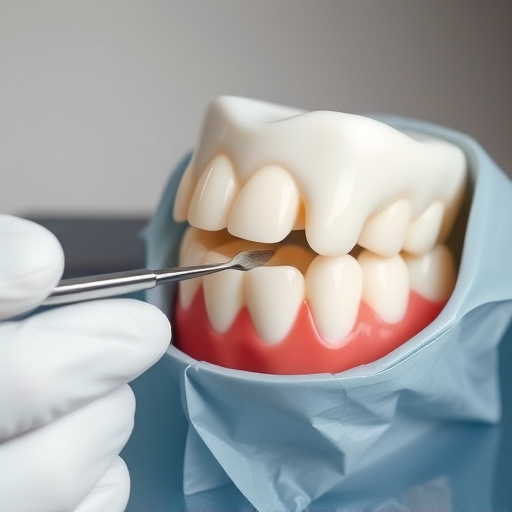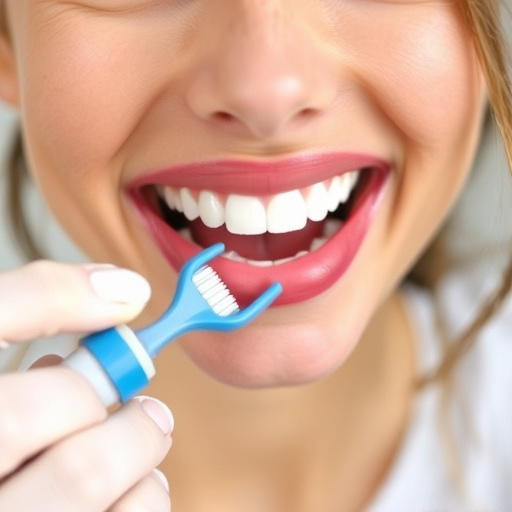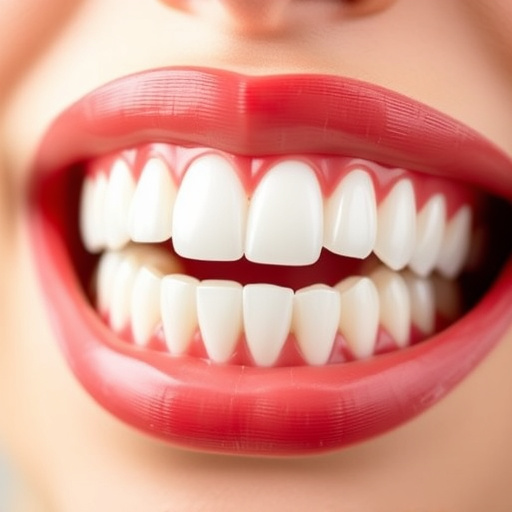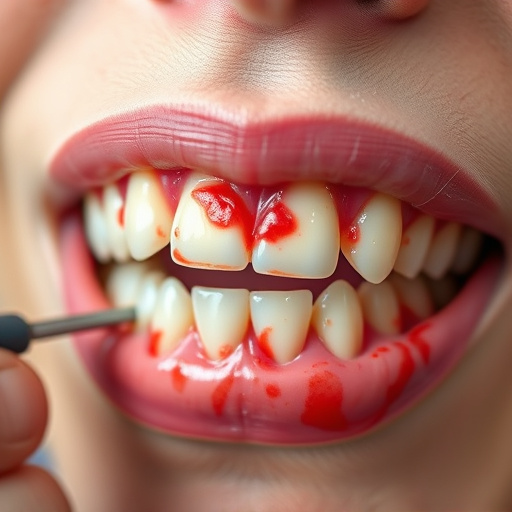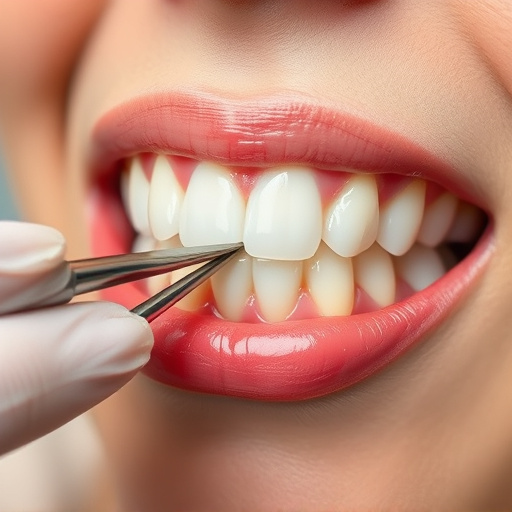Dental sealants for teeth create a protective barrier against decay by sealing crevices and pits in chewing surfaces, reducing plaque buildup and food particle entrapment—especially on molars with thinner enamel. They are beneficial for both children and adults, lowering the risk of cavities, simplifying oral hygiene, and potentially preventing future tooth extractions.
Dental sealants for teeth are an effective, preventive measure to guard against cavities and tooth decay. This article delves into the world of dental sealants, exploring how these protective barriers fortify your oral health. We’ll dissect their role in preventing common issues like cavities, offering a long-term solution beyond fillings. By understanding dental sealants, you can make informed choices for maintaining optimal oral health.
- Understanding Dental Sealants: A Protective Barrier
- How Sealants Prevent Cavities and Tooth Decay
- Benefits Beyond Fillings: Long-Term Oral Health Solutions
Understanding Dental Sealants: A Protective Barrier
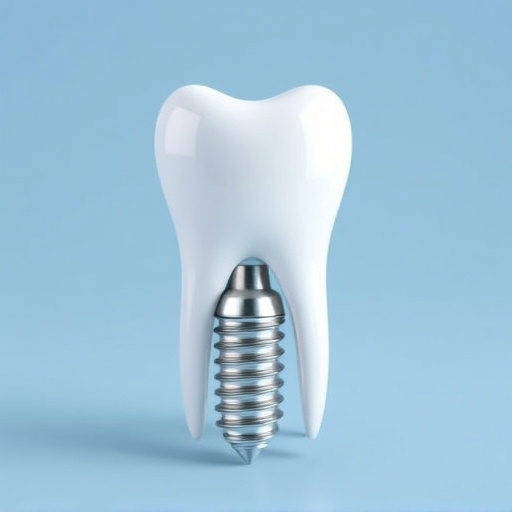
Dental sealants for teeth act as a protective barrier, serving as an additional layer of defense against tooth decay and cavities. They are typically applied to the chewing surfaces of back teeth, like molars, where enamel is often thinner and more susceptible to damage. This clear or white coating forms a seal over the tooth’s surface, preventing food particles and bacteria from settling in hard-to-reach areas. By blocking these entry points, dental sealants for teeth significantly reduce the risk of plaque buildup, one of the primary causes of cavities and tooth decay.
Unlike fillings that are used to repair damaged or decayed teeth, dental sealants focus on prevention. They’re particularly beneficial for children, but adults can also benefit from this procedure. Regular dental cleanings and thorough teeth cleaning remain essential alongside dental sealants, as they help maintain overall oral hygiene. However, by adding this protective layer, dental sealants can significantly reduce the need for subsequent tooth extractions due to severe decay or cavities.
How Sealants Prevent Cavities and Tooth Decay
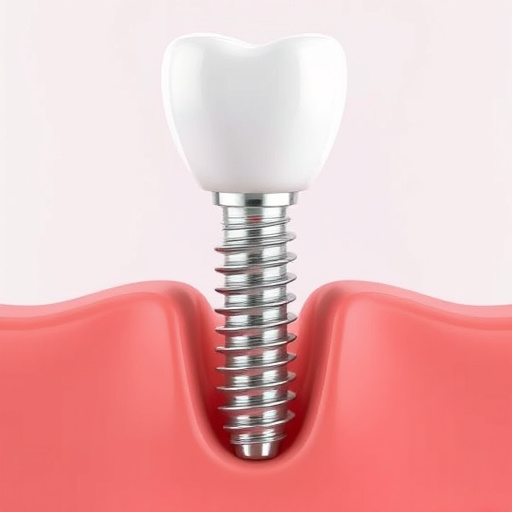
Dental sealants for teeth act as a protective barrier, preventing cavities and tooth decay by sealing off the tiny crevices and pits on your tooth surfaces where bacteria can hide and start the decay process. These sealants, typically made of clear or white resin, are applied to both permanent and primary (baby) teeth. By sealing out plaque and food particles, they reduce the risk of tooth erosion caused by acidic foods and drinks.
In addition to protecting against cavities, dental sealants for teeth also make it easier to maintain good oral hygiene. They prevent food debris from getting trapped in hard-to-reach areas, reducing the need for frequent dental cleanings, including wisdom tooth removal, which can be costly and uncomfortable. This proactive approach not only saves money but also ensures your teeth remain strong and healthy over time.
Benefits Beyond Fillings: Long-Term Oral Health Solutions
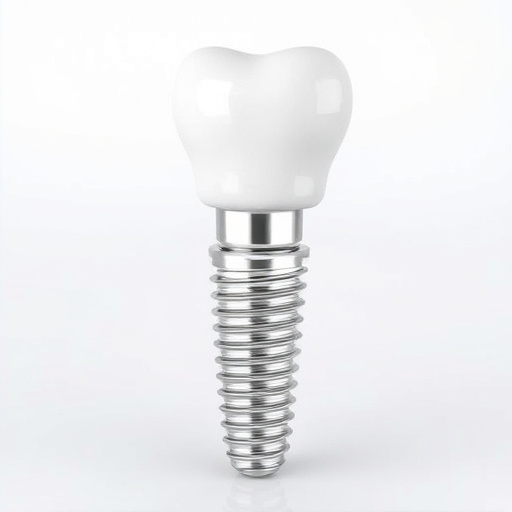
Dental sealants for teeth offer a range of benefits that extend far beyond simply avoiding fillings. By applying a protective coating to the chewing surfaces of back teeth, sealants create a barrier against bacteria and food debris, significantly reducing the risk of tooth decay. This proactive approach to oral health is particularly beneficial for children, but adults can also benefit from this long-term solution.
Beyond their role in cavity prevention, dental sealants contribute to broader restorative dentistry by delaying or even eliminating the need for more extensive tooth repair procedures like wisdom tooth removal. By safeguarding against the wear and tear caused by cavities, sealants promote overall oral health and help maintain a beautiful, functional smile for years to come.
Dental sealants for teeth are an effective, long-lasting solution for preventing cavities and tooth decay, offering significant benefits beyond just fillings. By creating a protective barrier over the tooth’s surface, sealants shield against bacteria and plaque, promoting optimal oral health in both children and adults. Investing in dental sealants can lead to fewer visits to the dentist, reduced risk of tooth pain, and improved overall mouth health, making them a valuable tool for maintaining a bright, healthy smile.




